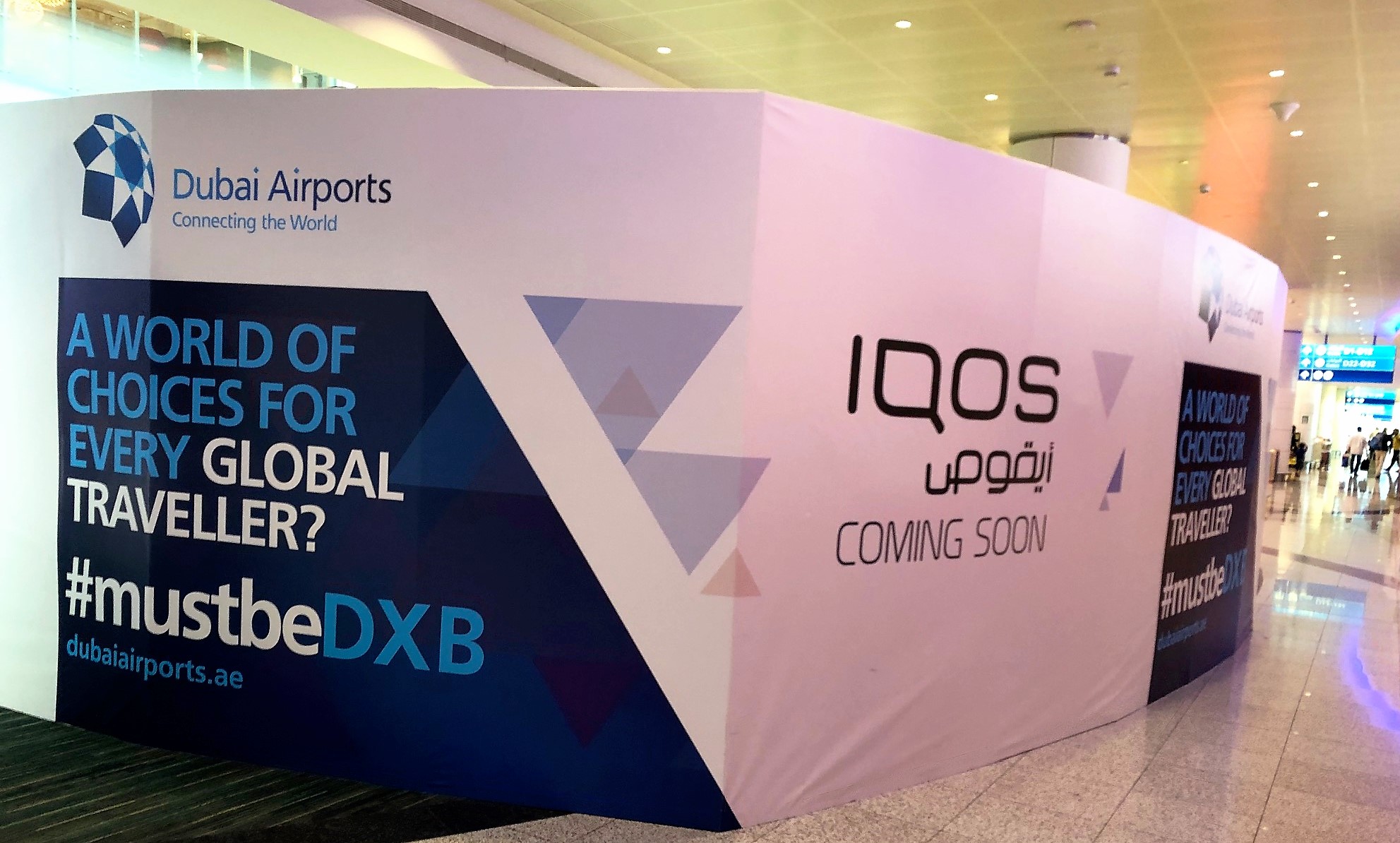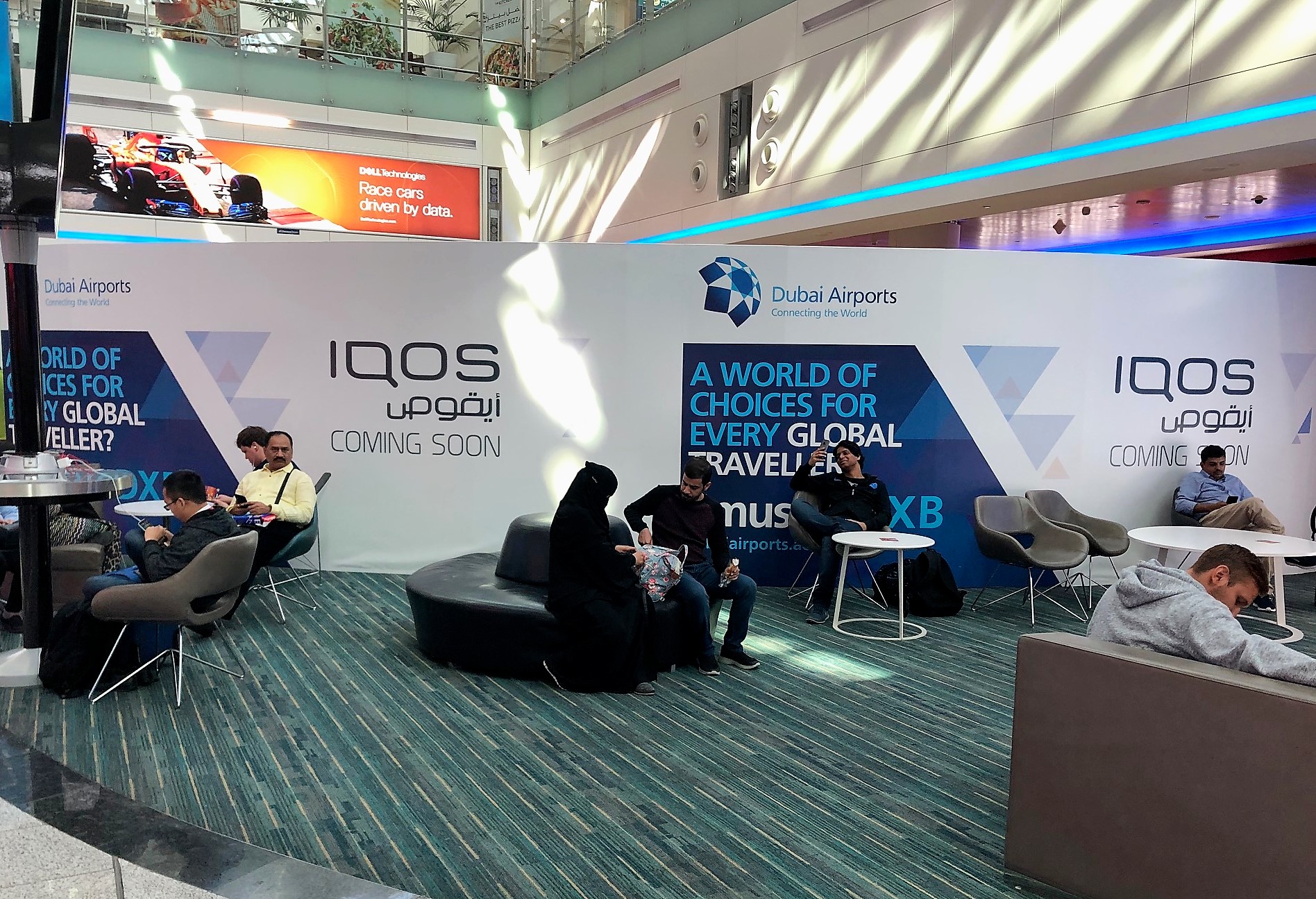Editor’s introduction: It may be a giant of world tobacco but Philip Morris International (PMI) is committed to a ‘smoke-free future’ where traditional combustible cigarettes are ultimately replaced with smoke free alternatives.
The company has been developing reduced-risk[1], smoke-free options since 1998, achieving particular success with IQOS, a product first launched in Japan in 2014 that is designed to create a flavourful nicotine-containing vapour, without burning or smoke. PMI claims that approximately 6 million consumers have already switched from traditional cigarettes to IQOS, which is now available in 42 markets. Almost 10,000 men and women are moving away from cigarettes and converting to IQOS every day, the company says.
PMI posted a near doubling of sales of heated tobacco units for 2018, with shipments rising 14.2% to 41.4 billion last year. Now the company is stepping up the pace. In January PMI took out full-page advertising in several national newspapers headed ‘A tobacco company that actually cares about health. How did that happen?’ It featured a question and answer interview with PMI CEO André Calantzopoulos, who noted, “After decades of evidence about the damage that smoking does, there is an ongoing societal responsibility towards smokers to illustrate solutions for quitting – and, for those who don’t quit, to provide less harmful alternatives.”

What does that all mean for the company’s high-profile duty free business? After all, PMI is the international volume leader in sales of combustible cigarettes in the channel. How will PMI balance the sale of traditional cigarettes with an agenda that ultimately calls for their replacement? Vice President of Duty Free Edvinas Katilius talked to Martin Moodie about how a transition to reduced-risk products is central to the division’s plans and about the role travel retail – for traditional and alternative products – plays for the company.
The Moodie Davitt Report: Edvinas, before we talk about IQOS, let’s start with an overview of the channel. What is PMI’s perspective of the role and importance of duty free – both as a volume/value driver but also as international shop window?
Edvinas Katilius: PMI Duty Free is one of the top PMI affiliates. I am sure that for many industries the duty free channel and travel retail in general offer a great platform to build their brands. The channel provides a unique opportunity to reach out to a diverse audience of millions of travelers.
For PMI, duty free plays a dual purpose. The first is as a brand-building platform for our most recent product in the heat-not-burn category, IQOS. Duty free helps to establish it as a global experiential brand. Secondly, the channel provides the opportunity to spread the PMI Smoke Free vision concept globally, explaining that PMI will one day stop selling combustible cigarettes.
Where do you see the greatest opportunities and priorities?
A key opportunity for us in travel retail lies with IQOS, which is going to be disseminated globally following the great success we have experienced in the more than 40 markets in which it is available.
Other opportunities lie with the growing number of passengers and the rapid digitisation which makes this retail channel data-rich. Exploiting these trends that we observe, combined with the immense number of data points, it provides a unique opportunity to serve customers in a way that was not possible in the past.
And the biggest challenges?
Specifically in duty free, the challenges that I see are the fragmentation of the ecosystem and the decline of spending per passenger. When I think on challenges, the one that hits my mind most frequently is how to provide consumers with better alternatives to smoking – like IQOS – if they have decided to switch from smoking to less harmful alternatives.
We are in a world in which thinking inertia is present and keeps many people stuck in the past; they are not allowing an open dialogue to the benefit of society in general. At PMI we are confident in the science that we have developed for more than ten years to create better alternatives to smoking for existing smokers. We welcome all audiences to review our science and we invite them to open a dialogue for the benefit of consumers, governments and society in general.

Can you talk us through the structure of PMI in duty free globally?
Many companies are being reorganised to be able to accommodate the ever-growing demands of consumers and to better market their products. PMI Duty Free has no immunity from the new dynamics. In the past we were organised along geographies; which was an effective method at that time. In order to better focus on consumers and the growing travel retail sector, as of the second quarter of 2018 PMI Duty Free was split along channels and also by geographies.
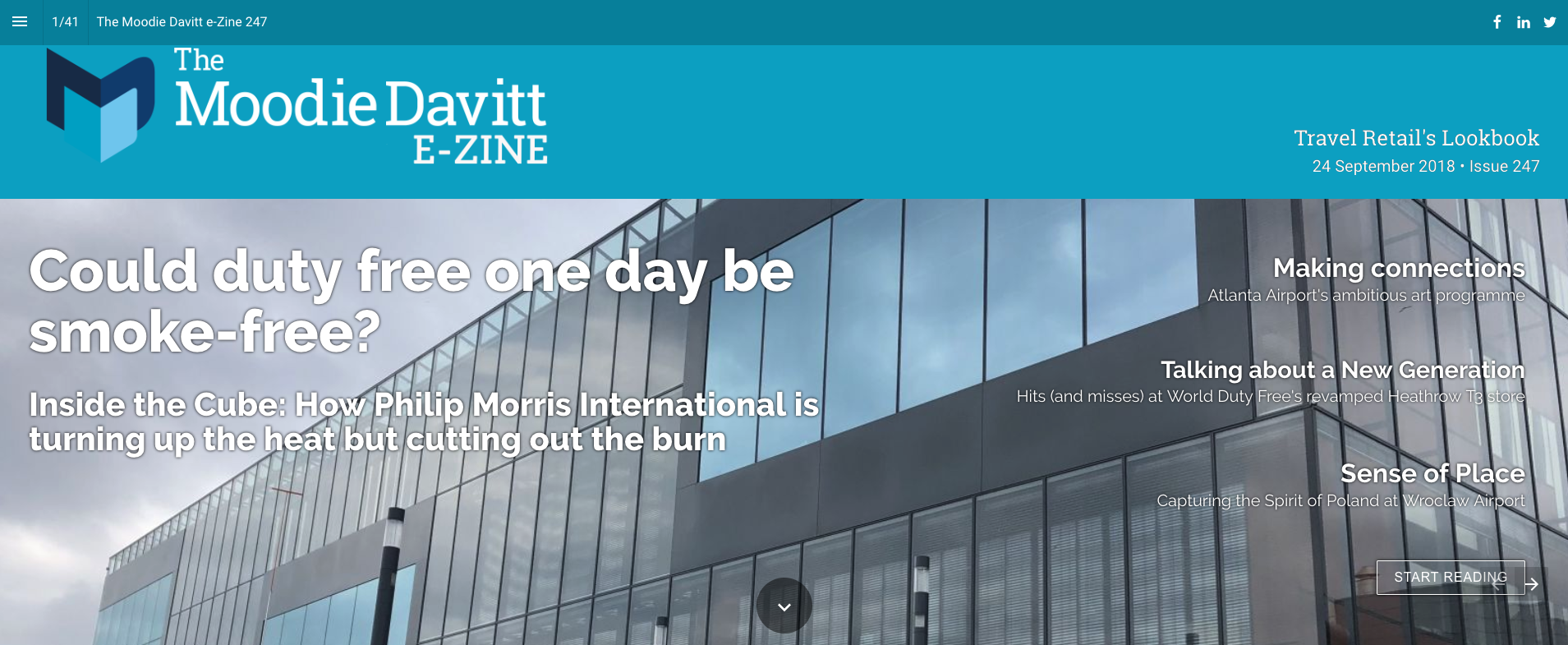
A key question – how are you balancing the needs of maintaining and driving your traditional combustible cigarettes business and the rapid evolution of IQOS and other reduced-risk products?
Our objective is a smoke-free future; this defines our priorities. Therefore, resource allocation is a straightforward exercise. Anytime we need to make a decision about resource allocation, the guiding principle is, ‘Is this moving us ahead towards a smoke-free future?’ If the answer is ‘yes’ than we take the decision to increase the investment.
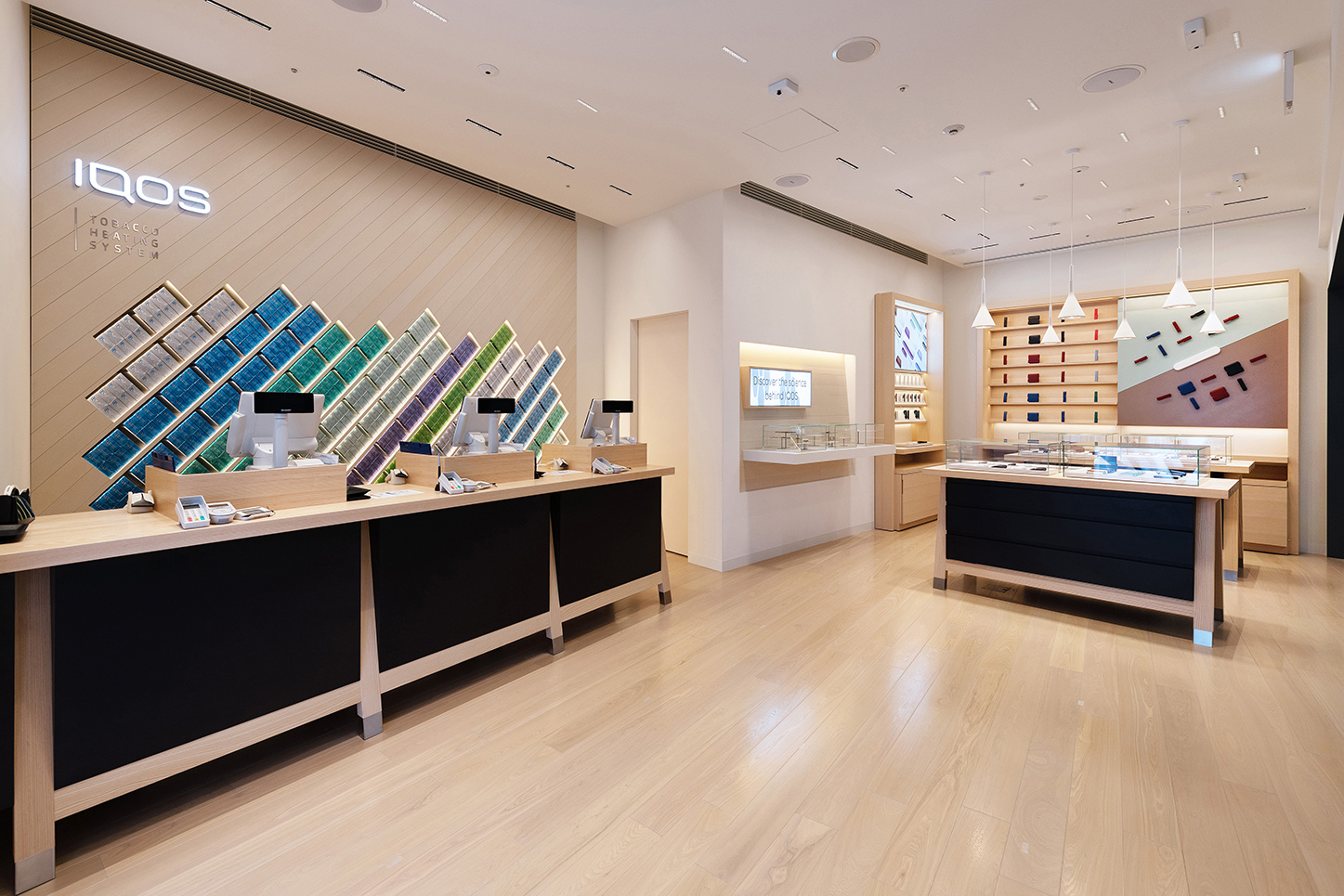
We are at the very beginning of the process. Currently IQOS is available in 26 travel retail markets and in more than 100 locations.
High times at Happō-en as IQOS changes everything “Here was PMI CEO André Calantzopoulos cast in an almost messianic role, treating an audience of influencers, journalists, business partners and company executives to a catwalk-style reveal of the new IQOS product lines. Versace, Dior, Chanel, Apple, eat your hearts out.” “I would not be surprised to see stand-alone boutiques… in top hubs such as Heathrow or Dubai International. And I can easily imagine an IQOS boutique/showroom in a T Galleria by DFS.” |
How would you like to see IQOS and other reduced-risk products positioned by retailers? Do you think they should be merchandised within mainstream tobacco category or separately?
As I said, we are just starting our journey towards a smoke-free future. We aim to inform as many legal age smokers as possible about a better option available to them than continuing to smoke. From this perspective we have to position IQOS in vicinity to smokers’ touch points, such as where conventional tobacco is available for consumption.
However, fundamentally the reduced-risk products category provides a better alternative compared to conventional cigarettes. Moreover, the intrinsic proposition of reduced-risk products goes beyond the physical product and takes a form of service. Hence with time, IQOS will expand the ecosystem beyond the point of sale vicinity to conventional cigarettes.
“I strongly believe the concessions applied to reduced-risk products should be different to conventional cigarettes.” – Edvinas Katilius
What about the margin structure that retailers expect for IQOS and other reduced-risk products? Do you think that this should differ for the new alternatives? If so, why?
We see that from the outset airports and operators tend to treat the new category as conventional cigarettes, and the same concessions are applied. I mentioned before about the challenge of the thinking inertia. However, the reduced-risk products category is different. PMI advocates for harm reduction-based fiscal regulations.
Moreover, the new propositions require significant investment in research & development (fundamental scientific research, clinical tests, etc.). Hence, governments in numerous states around the world recognise and adopt different fiscal treatment for reduced-risk products. Consequently, this should be reflected while commercialising the category in duty free. I strongly believe the concessions applied to reduced-risk products should be different to conventional cigarettes.


Innovation is pivotal to the PMI agenda. What can you tell us about the innovation pipeline?
Currently PMI has developed four reduced-risk product platforms and, in line with our corporate strategy, we will explore opportunities to commercialise these new products within the travel channel. In my view innovation is not invention; therefore, continuous improvement is probably even more important.


That is why in October 2018 PMI announced the introduction of the new IQOS generation; the IQOS 3 and IQOS Multi. The new IQOS 3 is more refined and compact, with faster charging and a robust shell, while IQOS Multi is a product allowing legal age users an uninterrupted tobacco session without recharging the device, for up to ten uses. Both products provide the benefits users have come to expect from IQOS, while making use of the latest advances in technology.
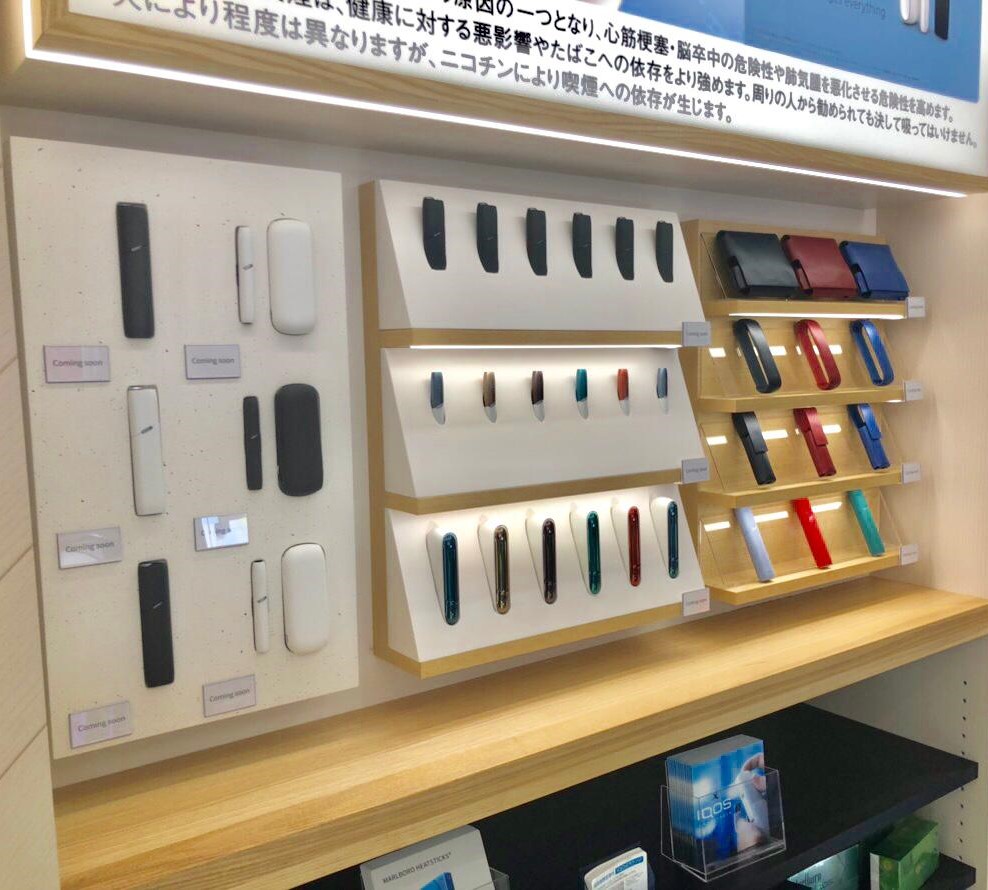
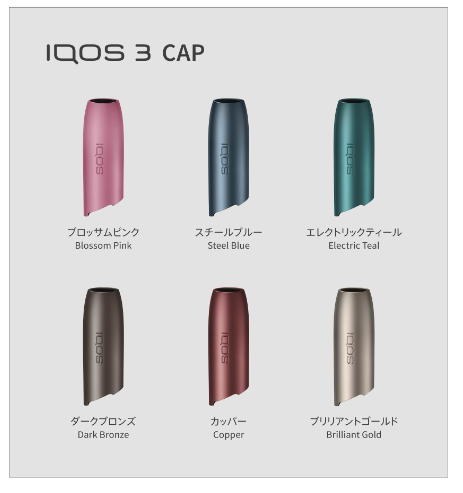

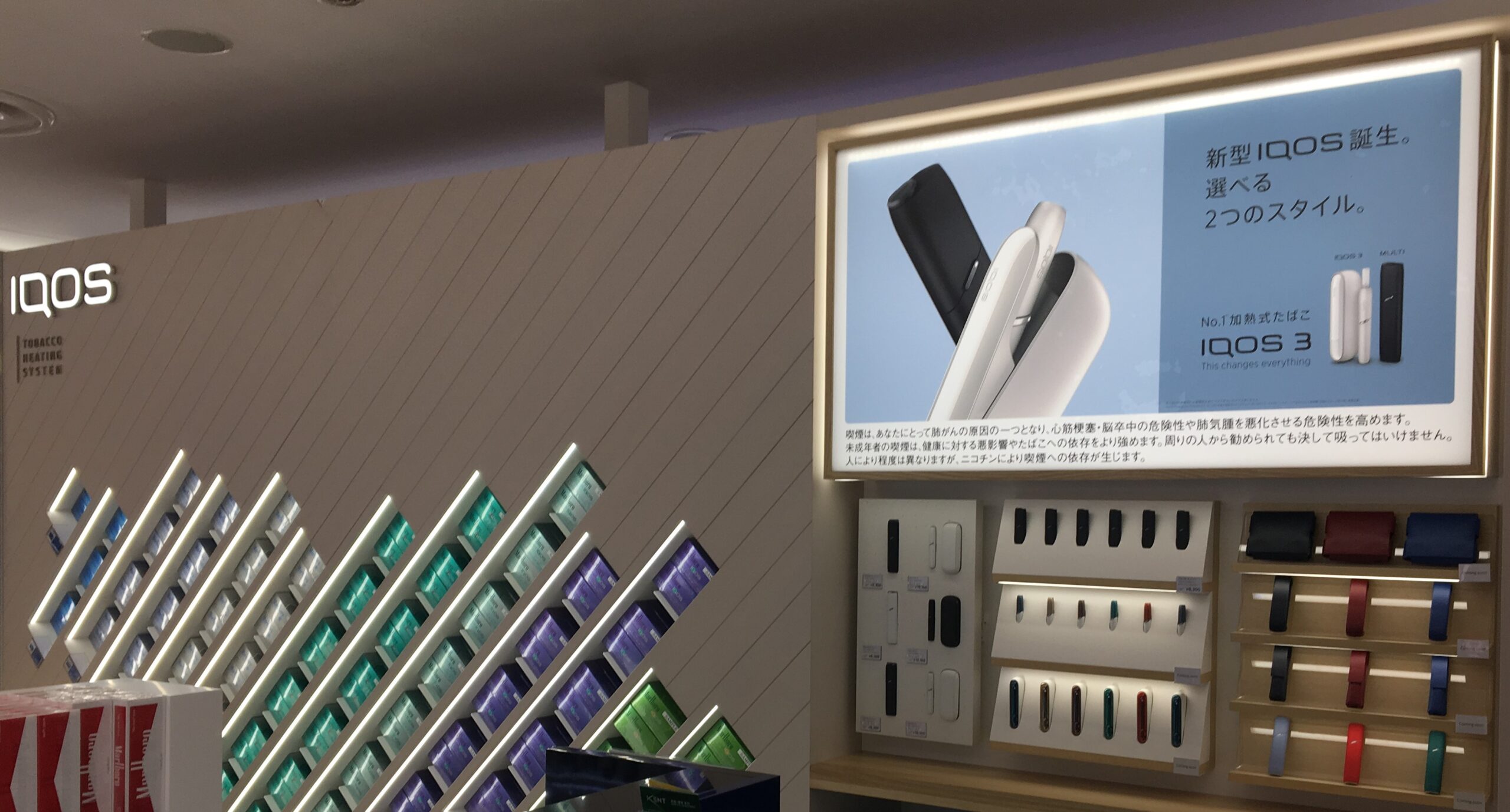
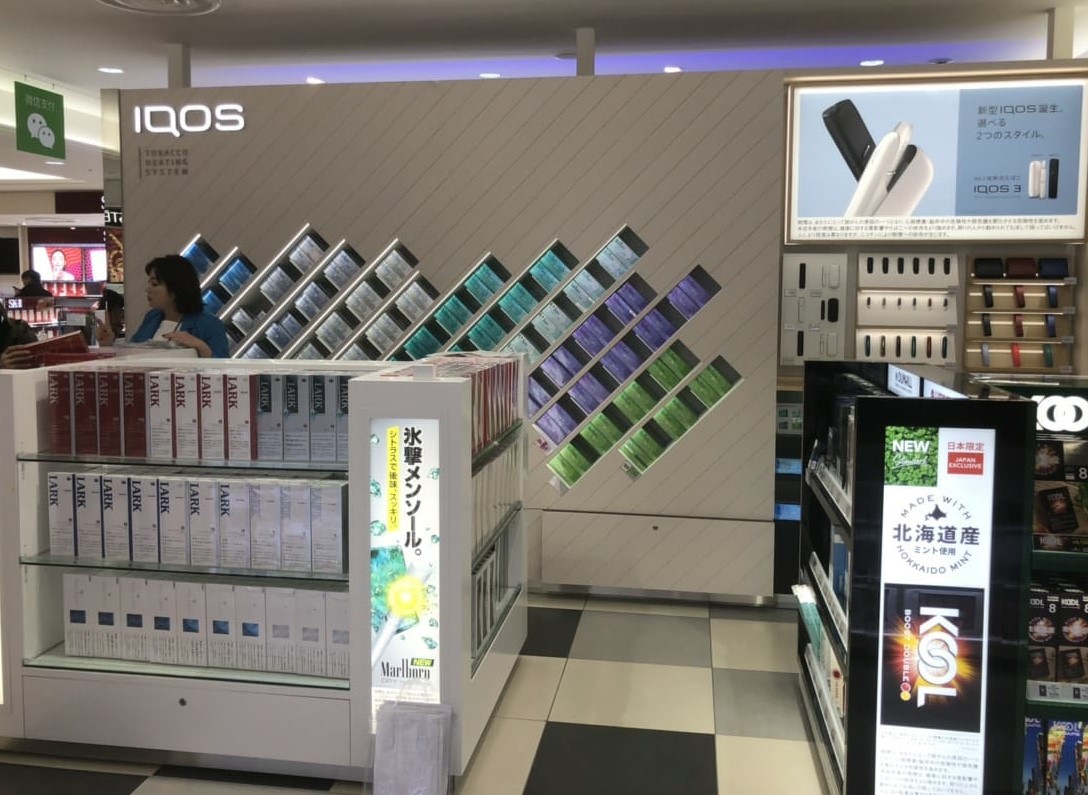
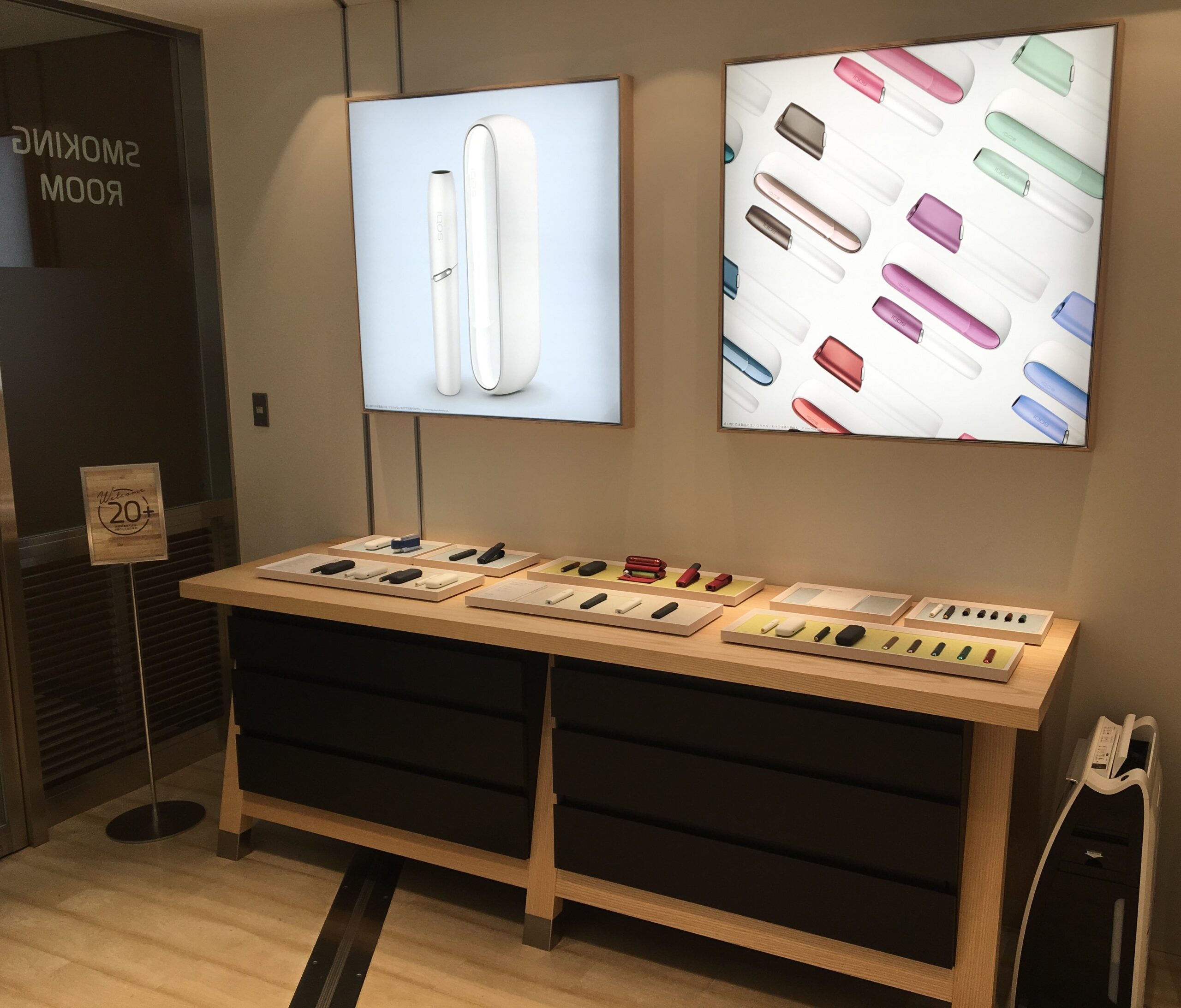
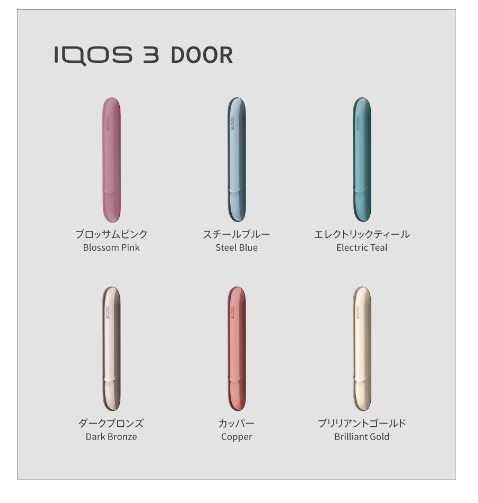
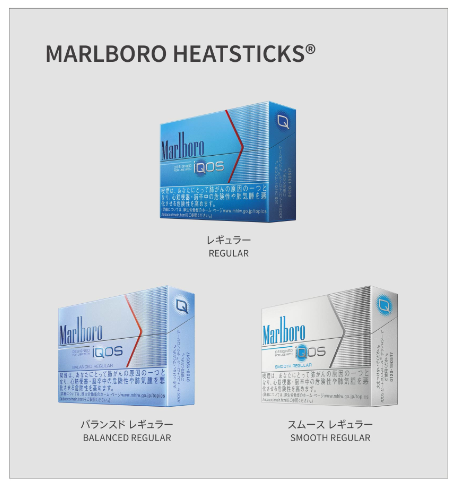
Late last year as I was travelling through Dubai International [now DXB], a big area was being set aside for PMI in the Emirates terminal. What was that all about? [Editor’s note: Since this interview was conducted, IQOS has been released at DXB, where it is the subject of major digitally led communications campaign.]
On 5 December 2018, we launched IQOS 3, IQOS Multi and HEETS at the world-renowned Dubai Duty Free, marking the official introduction of reduced-risk products to the Arab Gulf states (GCC).
Out of the 88 million passengers visiting Dubai International annually, legal aged smokers/users can now learn more about our products. We have also introduced a new communication campaign concept and we invite every adult smoker traveling through Dubai International to explore it. We will soon be introducing these products at other airports in the region and across the world.

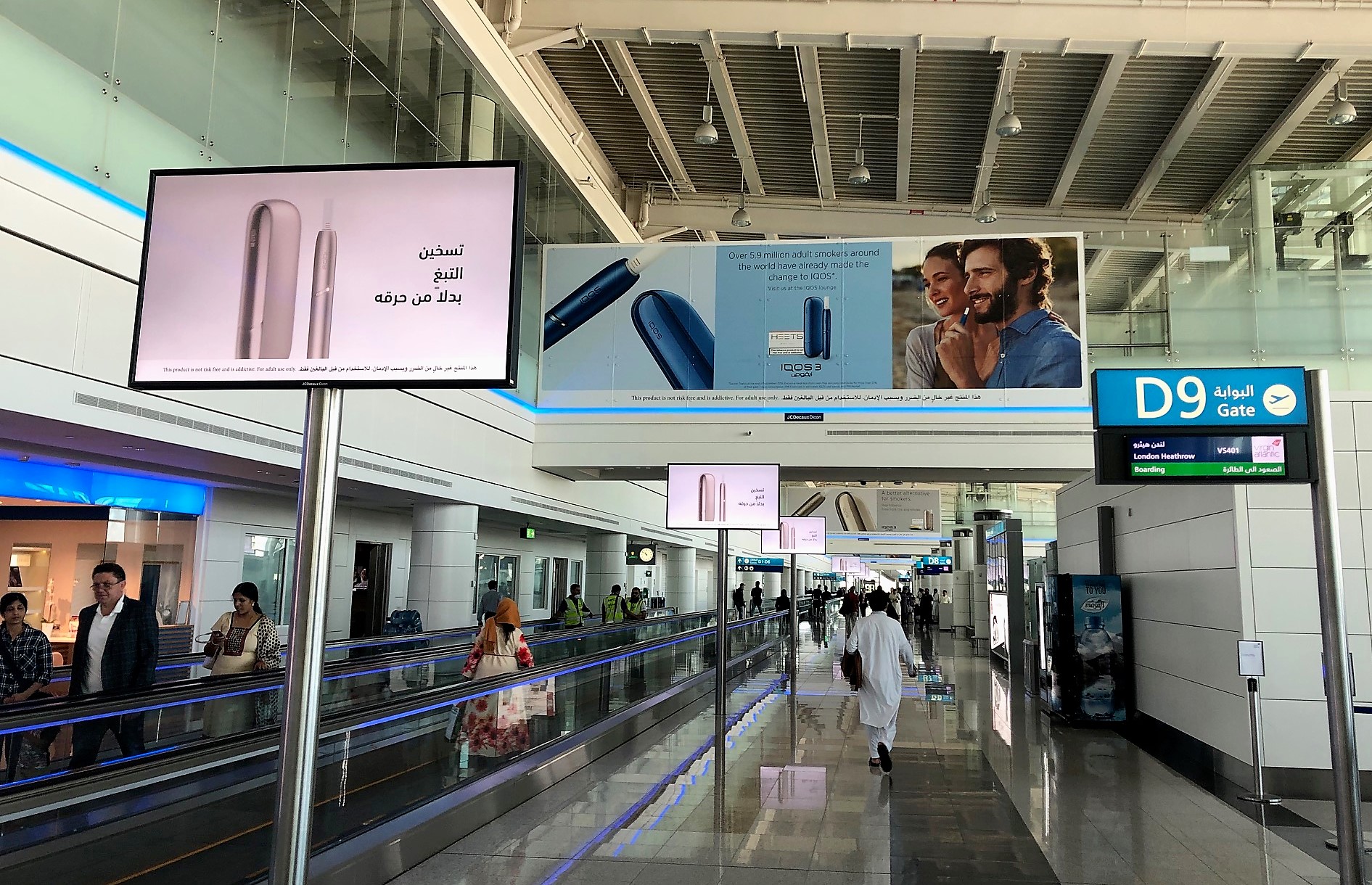

“We remain focused on our vision of a world with no cigarettes.” – Edvinas Katilius
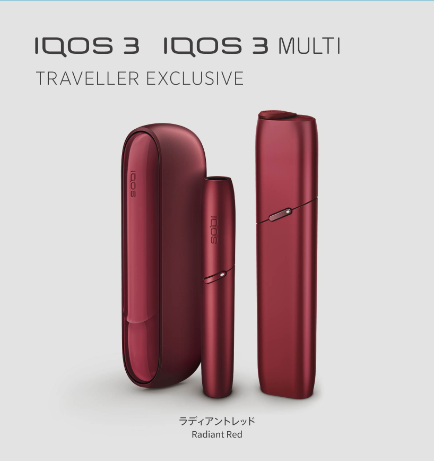
Looking forward, what does success look like for PMI in duty free over coming years?
We remain focused on our vision of a world with no cigarettes, thus we are looking to further serve those adult smokers who decide to switch to less harmful nicotine-containing products – keeping in mind that there is no risk-free tobacco product. Success has multiple aspects.
The first and most important is consumer delight. If the travel shopper is satisfied and gets the right product, is surprised by the offer or gets delighted, chances are that she will tell her adult smoker friends about our brand and the company.
Secondly, we must grow the business for us and our partners. If our offerings gain share and grow the category, it will ensure a growing profitability for all the value chain, and for me this is a success.
Thirdly, but not less important, is employee satisfaction, which is part of success. If our people in PMI Duty Free feel proud about the projects they work on and are happy about their achievements, then this for me is definitely a success.
[Click on the YouTube icon to see IQOS at Dubai Duty Free]
PMI launched IQOS 3, IQOS Multi and HEETS at Dubai Duty Free on 5 December 2018 – marking the introduction of reduced-risk products to Gulf Cooperation Council markets.
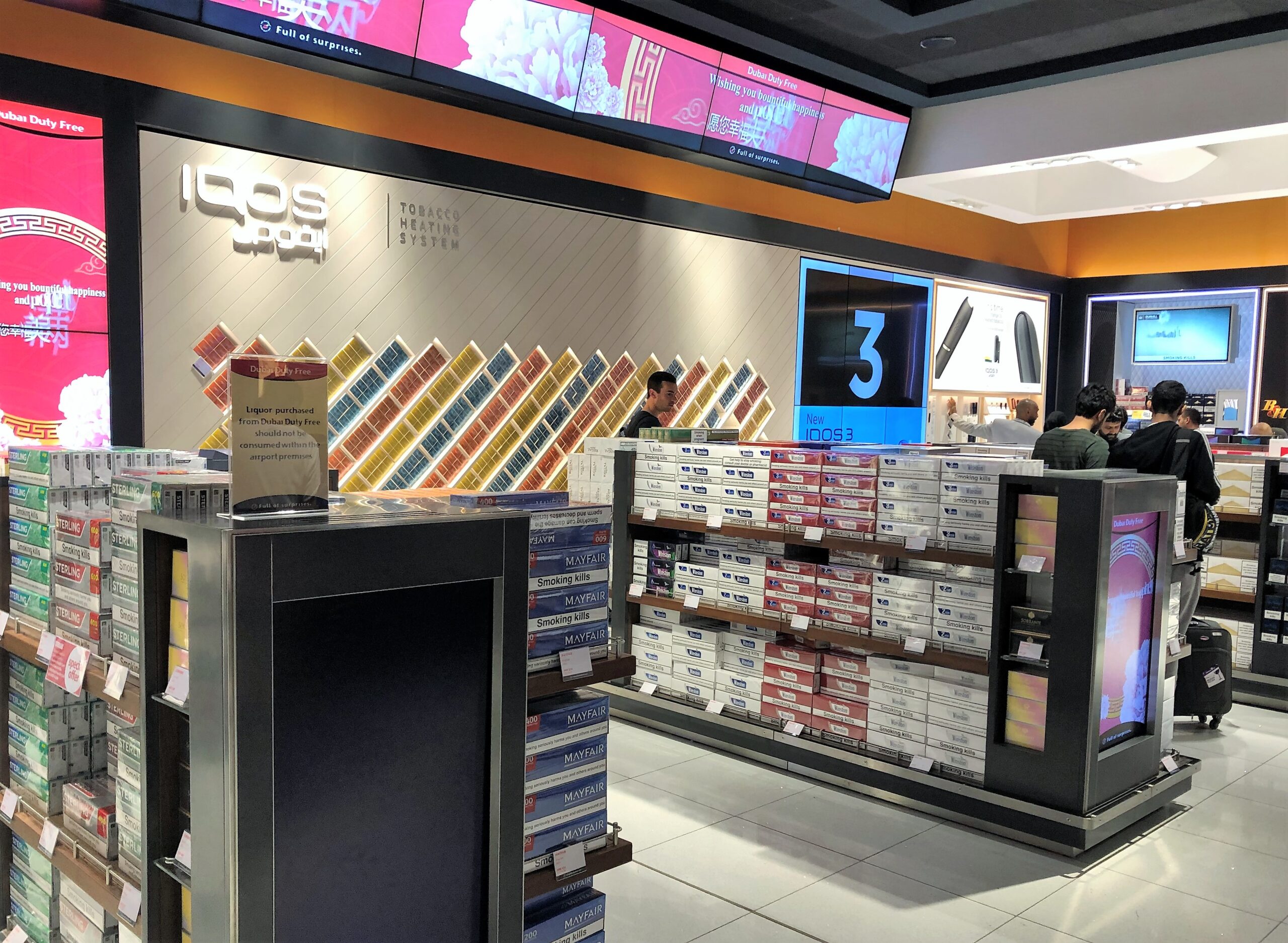
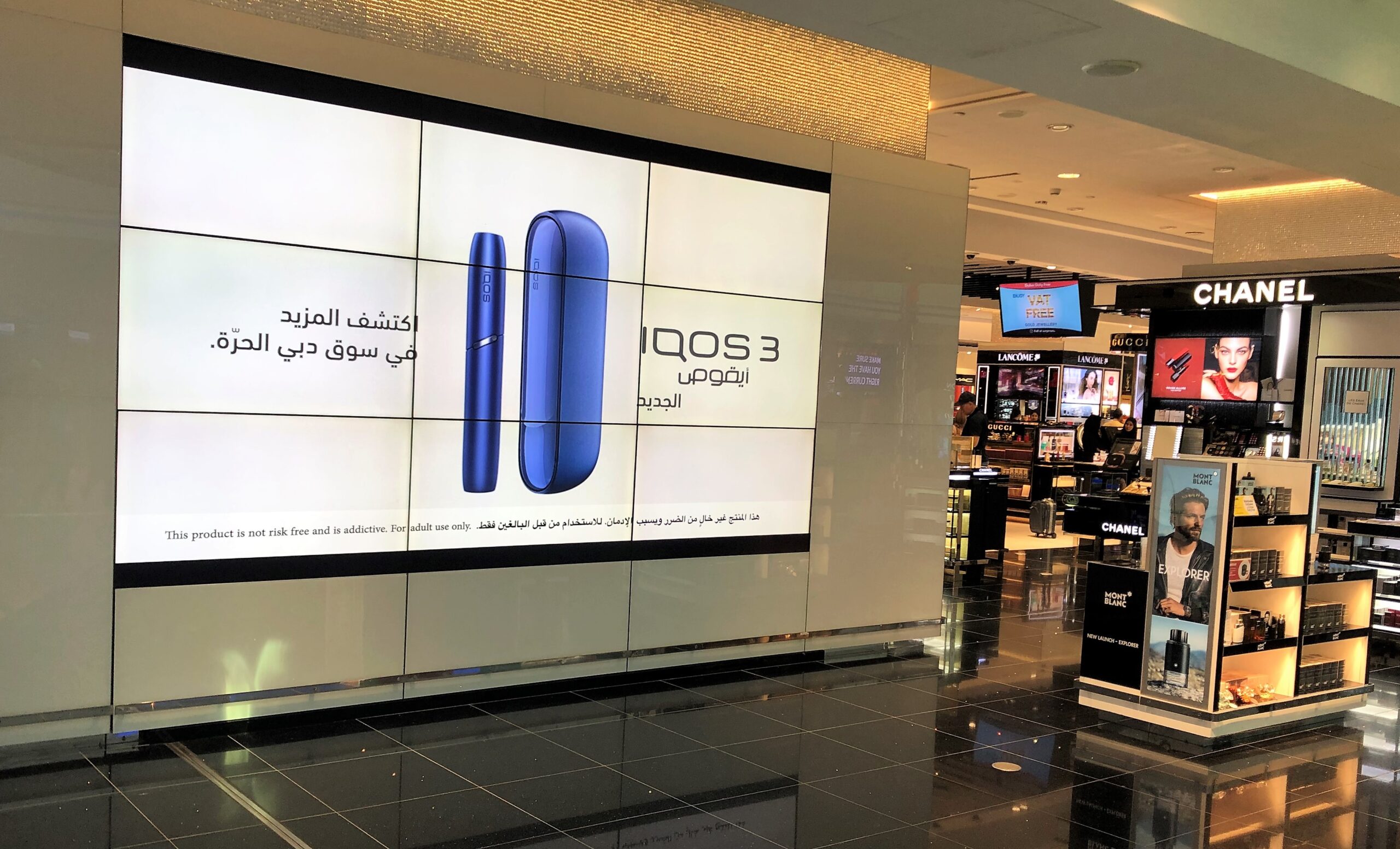
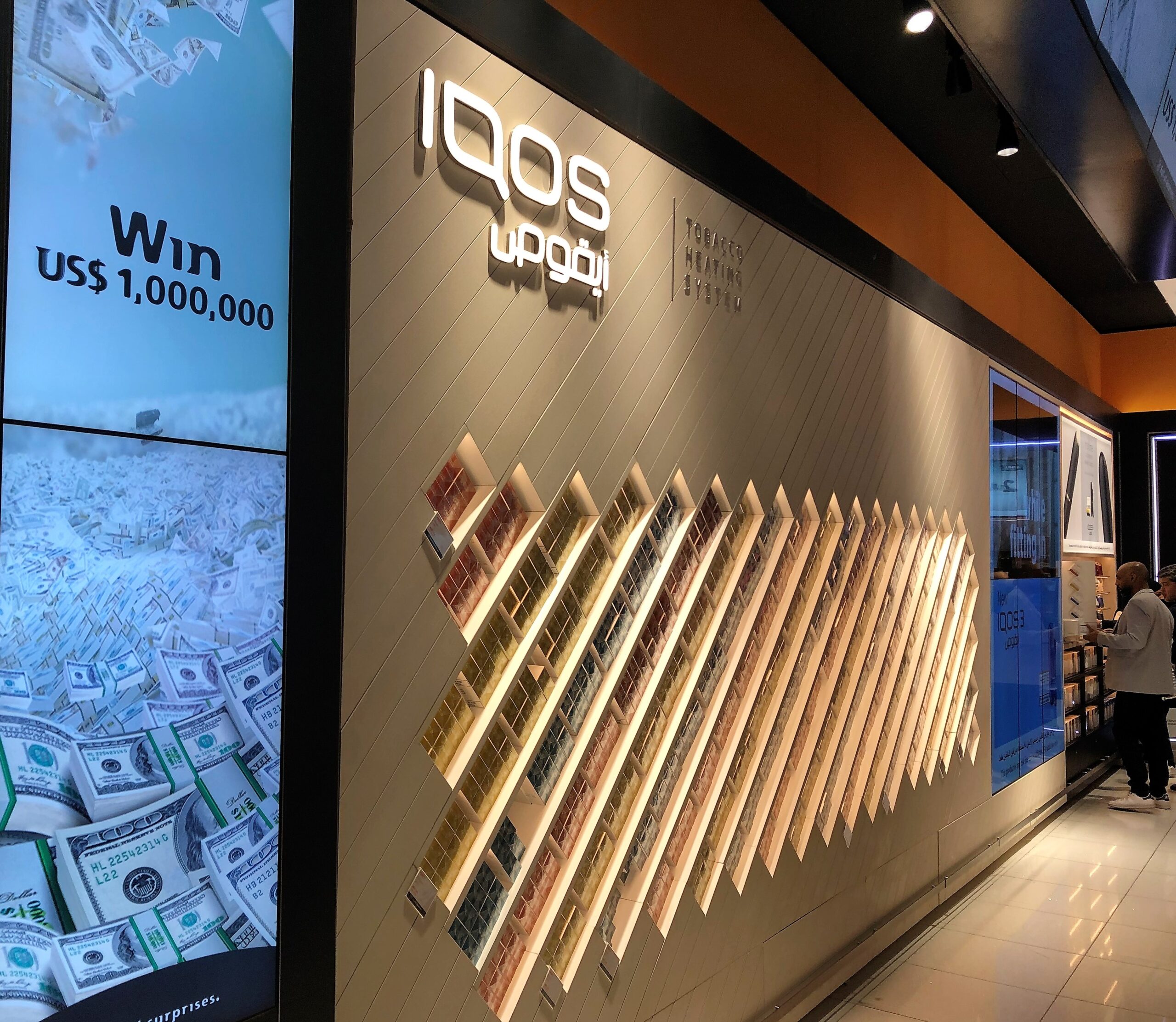
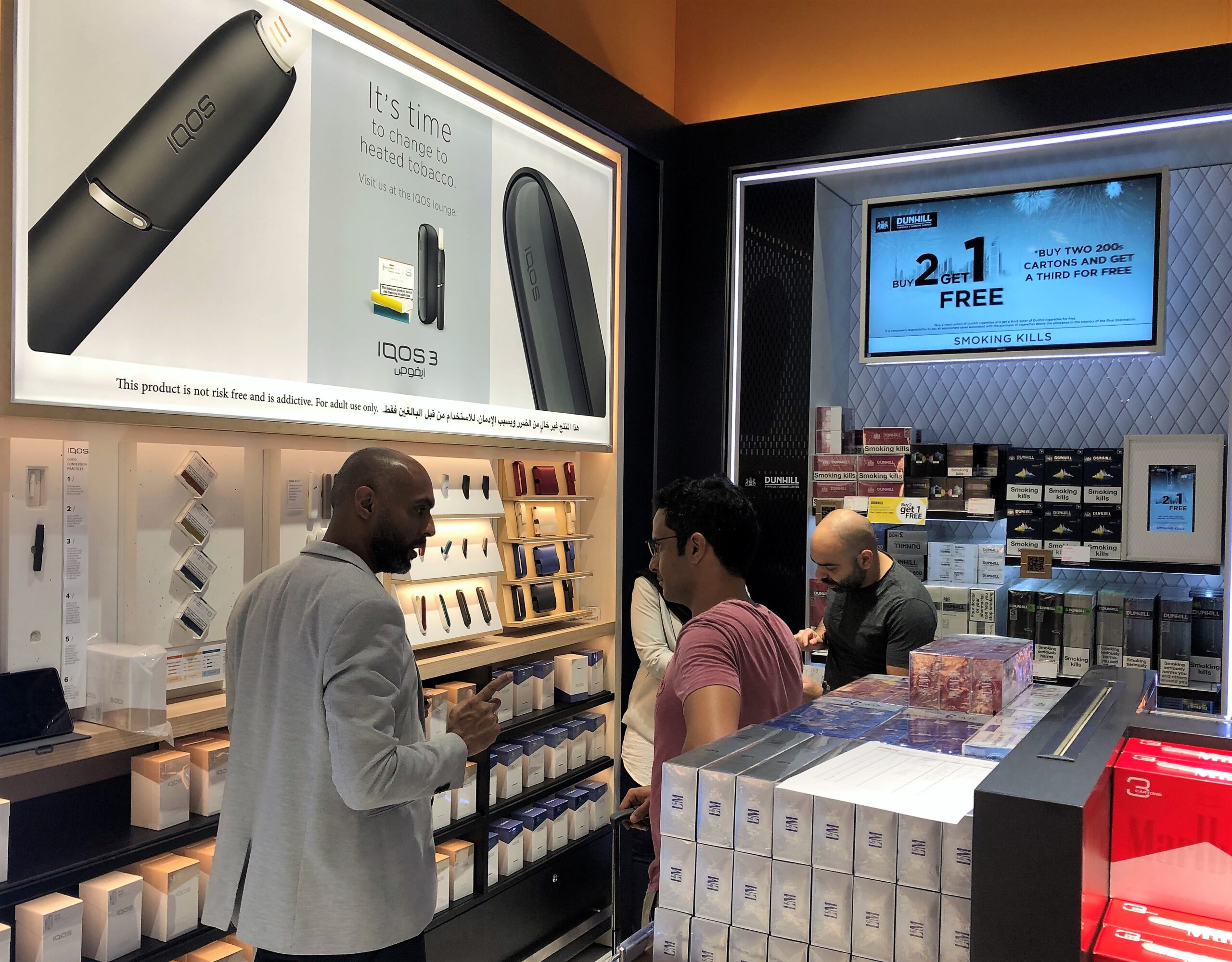
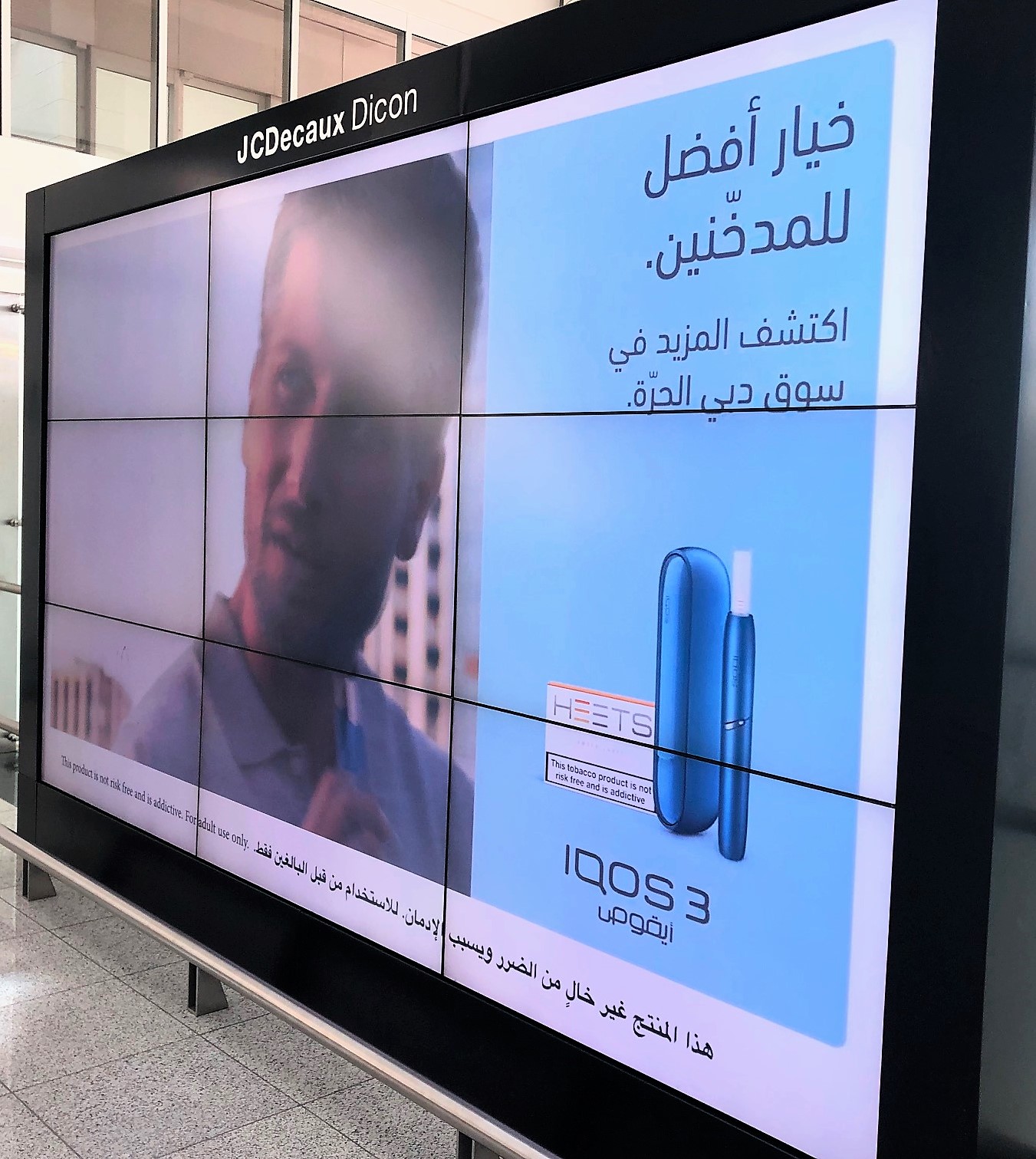
Footnote: [1] ‘Reduced-risk products’ or ‘RRPs’ is the term PMI uses to refer to products that present, are likely to present, or have the potential to present less risk of harm to smokers who switch to these products versus continued smoking. PMI has a range of RRPs in various stages of development, scientific assessment and commercialization. Because PMI’s RRPs do not burn tobacco, they produce an aerosol that contains far lower quantities of harmful and potentially harmful constituents than found in cigarette smoke.
